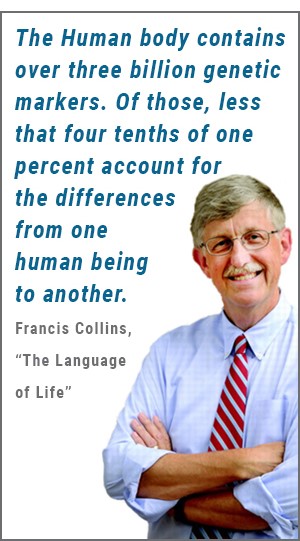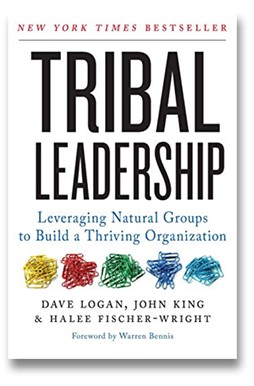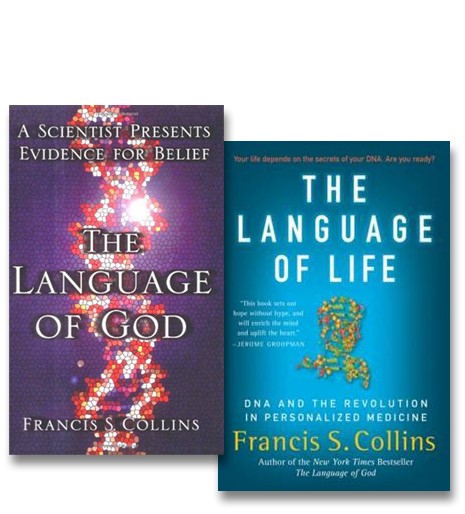The Great Divide

The Great Divide
Future historians may well look back on the early Twenty-first Century as the era of the “great divide”. Plagued by schisms at every level of life, from personal relationships to society in general, we seem Hellbent on finding new and unique issues to break fellowship over. The tried-and-true conflicts over race, nationality, religion, and political affiliation grew passe so we invented new categories like gender (or lack thereof), dietary preference, and professional sports teams. Did you happen to catch the news about an Oakland, California restaurant owner being beaten so badly outside the pro bowl that he had to be put into a medically induced coma? His sin — being a fan of the other team.
The Myth of Tolerance
Perhaps the most hypocritical of modern concepts is the notion that we are a “tolerant” society, at least until we encounter some intolerant jerk, whose failure to comply, we can no longer tolerate. The very concept of tolerance implies that the ones doing the tolerating are somehow superior to the ones being tolerated. Would we not be better served by understanding that not one single individual among us is the model human? And would that not incentivize us to show a little grace and mercy towards all those other “flawed” individuals within our sphere of influence? Moreover, is “acceptance” of them really the same as “validation” of their beliefs, or is it merely admitting that their screwed-up thinking is no worse than our screwed-up thinking and agreeing to move forward despite our mutual shortcomings?

Deconstructing Deconstructionism
One of the philosophical fallacies that grew out of the 1960s was the concept of deconstructionism (a philosophical and critical movement that questions all traditional assumptions about the ability of language to represent reality). In doing so, it elevates the leaders of any new movement above the need to base their rhetoric on any sense of historical accuracy.
It also advances the idea that you need to shame someone about their culture in order to win them over to your superior philosophy. Apparently, it’s the primary prerequisite for entering a career in education today. Many major universities have completely dropped their Western Civilization courses rather than recognize the accomplishments of politically incorrect individuals and/or non-relativistic reasoning. Moreover, they seem to focus solely on the divisive issues of history and culture (apparently, the second prerequisite for a career in education). The veiled message is, “You had your turn at being right. Now, it’s our turn”.
Which Way Now? (The Cheese to go With the Whine)
Recognizing the problem is step one. Complaining about the problem is step two (see paragraphs 1 – 4), but fixing it is where the rubber meets the road. The underlying question is, “What gives the person across the desk from me any value?” and “Are they any more important than my neighbor’s cat which is currently using my flower bed as a latrine and causing me to wonder where I left my pellet rifle?” Do they derive their value from the racial, religious, or political culture they were raised in? Or, how they choose to live their life? Or, maybe their wealth? Do they derive their value from some place other than I derive mine?

I would personally submit that each and every one of us are valuable solely because we are human beings, created with personality, self-awareness, and a moral code (i.e. Created in the likeness of the Creator of the Universe). You may disagree but the point is this — unless those we despise are subhuman in some form or fashion, or unless we ourselves embody some super-human trait, we’re all the same as each other (not the cat). As such, we owe every other human being not just respect for being our equal but grace and mercy when they fail to meet our expectations (even if those expectations include keeping their cat in their own damn yard!).
The Corporate Dilemma
While grace and mercy are essential components of one-on-one relationships, what can corporations do to remedy the dysfunctions of their employees’ attitudes? More often than not, corporate policy is built on legal or competitive requirements that don’t leave a lot of leeway for grace and mercy. Best solution: stop the problem before it begins. Simon Sinek, in his book “Start With Why”, revisits the concept of corporate values. While they were a flash in the corporate marketing pan ten years ago, it turns out that defining and communicating corporate values really is the key to eliminating the HR headache of internal saboteurs. Some companies, like Zappos and Southwest Airlines, even go so far as to initiate a separate “cultural” interview process in which they determine if candidates are a good fit for the company’s values, technical abilities not withstanding.
Second best solution: Even for companies that have never emphasized values, defining those corporate “musts” or reaffirming a commitment to them has a way of pruning the personnel tree and making all the remaining limbs healthier. Nothing is as discouraging to a scoffer as a group of gung-ho peers. While the pessimists often leave, they also occasionally look around, realize that everyone else is happier, and opt to change their attitudes. “Tribal Leadership” by Dave Logan is a great foundation for beginning the process of healing corporate culture and developing employee-to-employee motivational groups.
“Hogwash” You Say
Maybe you think this is all nonsense and that our society is in the midst of a grand reawakening. Perhaps you believe that strife is the norm and beneficial to any organization. If that’s the case, just hit “reply” and email me. I’ll buy you coffee so we can talk – not so we can persuade each other to abandon our respective opinions but so we can better understand where each of us is coming from. There are likely flaws in both our thinking but there’s no reason we can’t enjoy being wrong together!
“Mercy is the most counter-cultural behavior that we’re ever going to engage in.”
― Keith Stewart
Great Reads
Start With Why
Simon Sinek
Perhaps the quintessential book on setting your business on the road to success. Sinek is not afraid to propose new ideas or to revisit old ideas so long as they have one thing in common – they lead to success for both eh corporation and the employees. He maps out some great strategies for managing corporate goals, no matter what market your business serves.

Tribal Leadership
Dave Logan
Not everyone has the privilege of starting an organization from scratch and laying a solid foundation. Whether you’ve recently stepped into a tottering corporation or just realized that something is missing in your own company culture, “Tribal Leadership” provides an excellent starting point for revamping a dysfunctional culture and creating something lasting.

The Language of God
The Language of Life
Francis Collins
Francis Collins was the head of the Human Genome project and may well be the foremost expert in Human Genetics alive today. In “The Language of God“, he describes how rather than encountering a conflict between faith and science, he discovered how the two confirm and enhance each other.
In “The Language of Life“, Collins introduces readers to the incredible world of Personalized Medicine based on genetic mapping. He discusses the science-fiction-like advances that are happening in the field of gene-based medicine along with the potential obstacles. He also rates the commercial gene mapping services available and discusses both the advantages and disadvantages of knowing your own genetic map. Both of these books offer incredible insights.

A meeting of great minds who think alike











